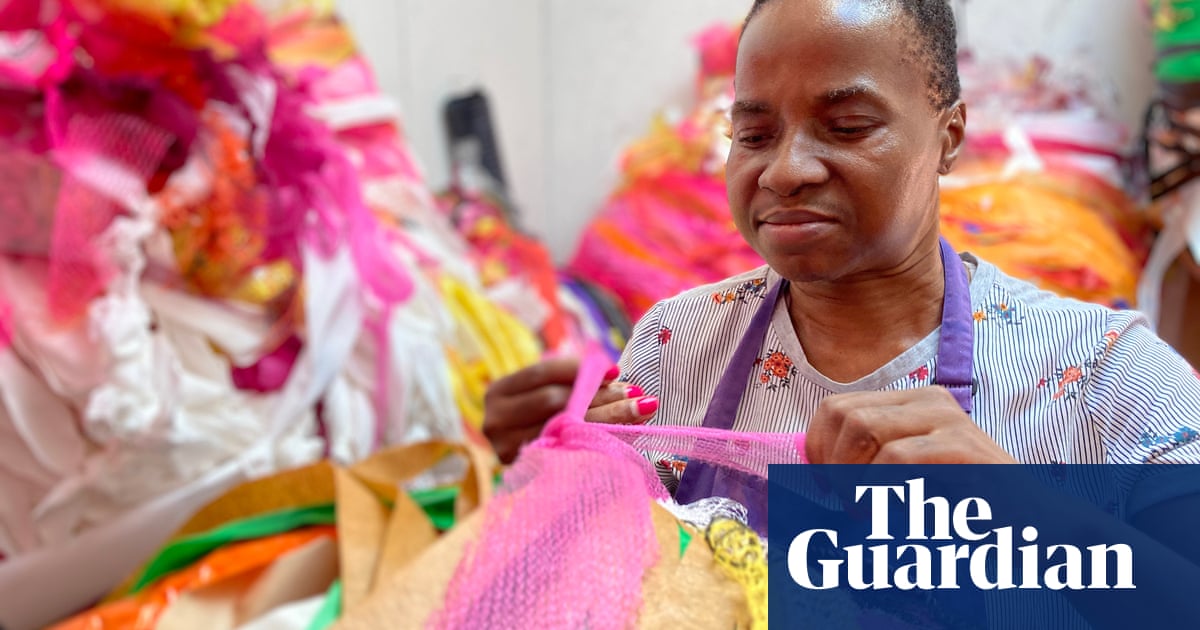One in four children in England need social care services by the time they turn 18, a study has found, sparking warnings about the impact of poverty and funding cuts.
New research led by academics at University College London (UCL) could dramatically change the government’s understanding of how many children require state support. Officials currently rely on snapshot studies that show annual figures; the most recent children’s care census put the figure at 400,000, or 1 in 30.
“It is certain that high proportions of children are referred to, assessed and recognised as needing services by CSC [children’s social care services] in England,” the study said. The figure, it said, “raises questions about the extent to which government policies on employment, benefits, housing, healthcare, education, social care and justice support or challenge nurturing and upbringing of children”.
The numbers are likely to be higher in poorer areas. Researchers were unable to break down the data by factors such as gender, region, ethnicity and deprivation, but lead author, Dr Matthew Jay, a senior data scientist in public health at UCL, said it was possible that in some of the poorest parts of the country, more than half of children may be referred to children’s services at some point.
The study found about one in three young people are referred to children’s social care services by the time they reach adulthood, while one in four are assessed either as a Child in Need – requiring extra support or services for their health, development or disability – or as needing a child protection plan.
Children’s services encompass both child protection and health-oriented care provision. Child in Need status can entail responses such as parenting support, home adaptations or respite care. The study found 7% of children require a child protection plan at some point, related to the risk of significant harm such as abuse or neglect.
“There’s a lot more child protection activity going on,” Jay told the Observer. “It may be linked to cuts in social care, cuts to early care, closures of children’s centres … these broader policies that would otherwise mean children can be cared for perfectly fine within the family, and with that bit of extra support, without needing social care.
“If you take those safety nets away, things can potentially escalate to the point where social care is intervening really as an emergency measure.”
Katharine Sacks-Jones, chief executive of the charity Become, which supports children in care and care leavers, said: “These concerning figures come against a backdrop of rising child poverty, cuts to early support services and increasingly complex issues facing children and families. Children’s social care is already in crisis with more children in care than before and a system struggling to meet their needs.”
The study analysed the Department for Education’s annual Children in Need census, using data from 2012 to 2018 split across three age cohorts. Jay said he was confident about the figures regarding Child in Need status, but added the referrals data was subject to the risk of both overcounting and undercounting.
The study recommends a shift towards early help services, and argues children’s needs might be better addressed by targeting socioeconomic and structural factors.
“If you improve the conditions in which people live, they won’t need public services so much,” said Jay. “If we can enact policies that improve those conditions, then it just stands to reason that services like social care won’t be needed as much. Which is better for everybody – it saves the taxpayer money, but most importantly it would be a reflection of improved living conditions for these families.”
after newsletter promotion
Children’s commissioner Dame Rachel de Souza said: “Child in Need plans are a fundamental part of our child protection system. When implemented well and with care, they are one of the few tools the state has to prevent children from being taken into care and to keep families together safely – and thousands of children are reliant on these plans to grow up healthy and safe.
“But in their current form, it is impossible to meaningfully assess how effective Child in Need plans are as an intervention.”
A government spokesperson said: “This government will do whatever it takes to keep children safe, breaking the cycle of late intervention and poor outcomes inherited in the children’s social care system.
“We are already taking swift action to reform the system through the doubling of our investment in early family help, as well as through our landmark Children’s Wellbeing and Schools Bill which will help stop children falling through cracks in the system and make sure they receive the support they deserve.
“This work goes hand in hand with our Child Poverty Taskforce, which is working to deliver an ambitious strategy to increase household income, bring down essential costs and tackle the challenges felt by those living in poverty.”

.png) 2 months ago
21
2 months ago
21













































